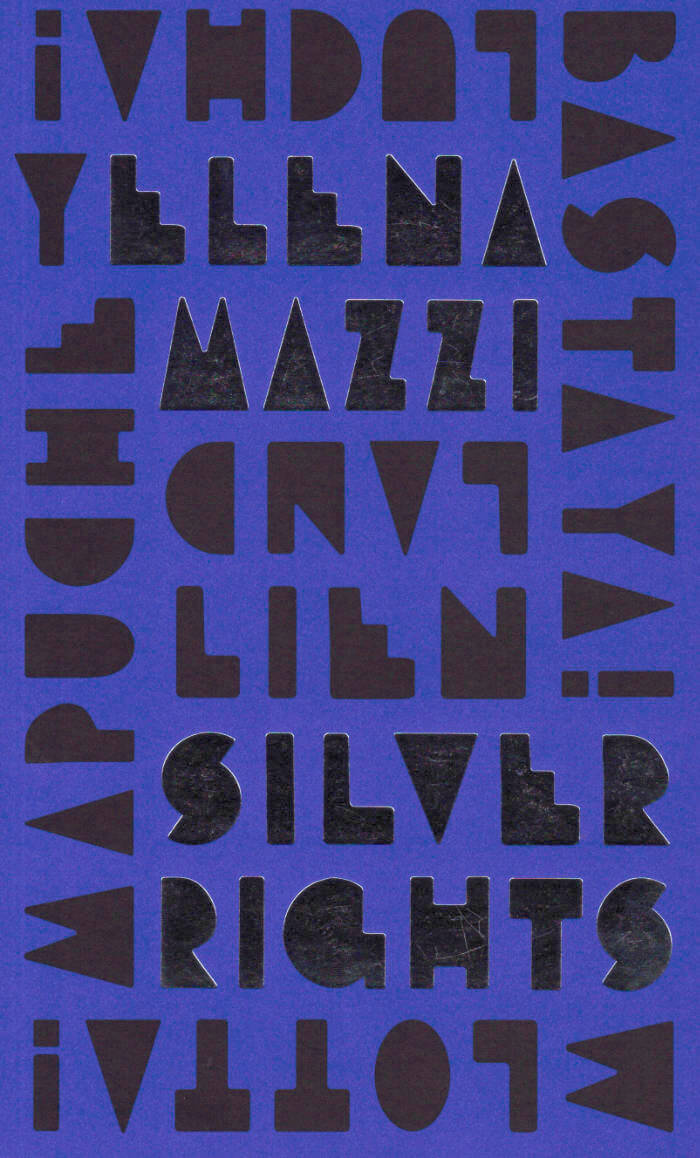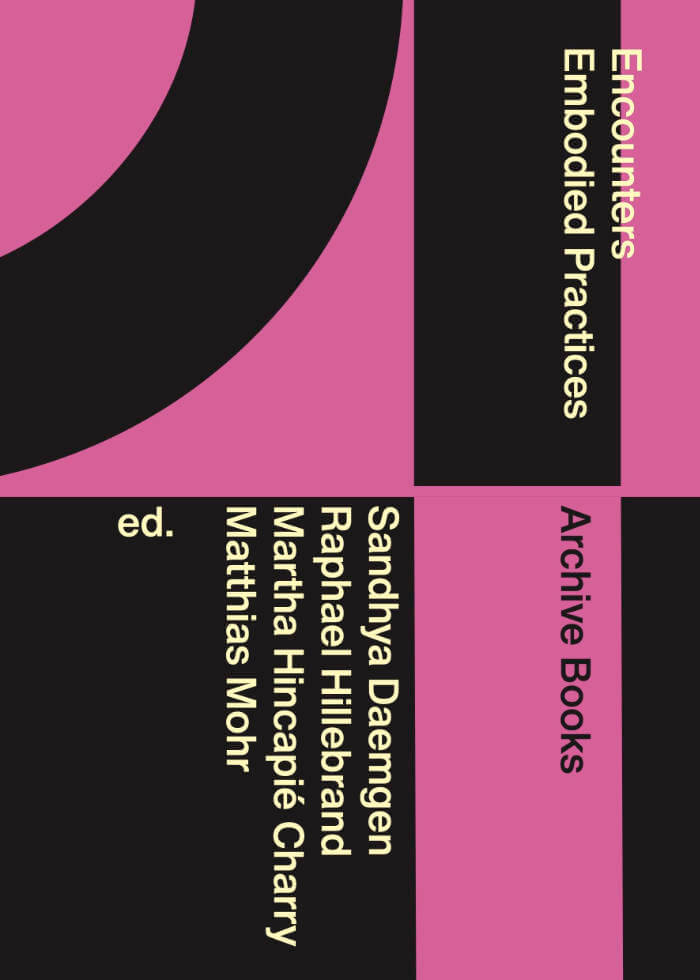
Silver Rights
An in-depth research project by Elena Mazzi in dialogue with the Mapuche spiritual leader, silversmith and activist, Mauro Millán and Argentinean artist, Eduardo Molinari, about the cultural resistance of the Mapuche people to neo-colonialism in Chile.
Curated by Emanuele Guidi, is promoted by ar/ge kunst Bolzano, and supported by the Italian Council (7th Edition, 2019)–Directorate-General for Contemporary Creativity of the Italian Ministry of Culture, Silver Rights focuses on the ancestral bond between the communities and the land (mapu), a bond eroded and denied by colonising forces that have mutated over the centuries to gradually establish themselves in recent decades through neo-extractivist practices; a settlement process resulting from the convergence of investment policies and commercial agreements between South American governments and foreign multinationals, including the Italian Benetton.
More specifically, the project responds to the narrative proposed by the Leleque Museum, an anthropological museum opened in 2000 in the very lands owned by Benetton; an ambiguous operation that dismisses the Mapuche people as an extinct culture rather than one that is alive and active in the disputed territory, 'musealising' their memory and material culture. Elena Mazzi addresses this complexity by engaging in dialogue with the dense network of relations that the Mapuche community has been consciously weaving for years; a way of understanding the art of diplomacy that, on the one hand, implies building and maintaining international relations between different political and cultural subjects, and, on the other, is implemented in their cosmovisions as a form of radical mediation between land, human and 'more than human' beings.
Contributions by Leandro Martínez Depietri, Riccardo Bottazzo, Enrica Camporesi, Emanuele Guidi, Elena Mazzi, Mauro Millán, Eduardo Molinari, Ana Margarita Ramos, Ya Basta! Êdî Bese!
published in September 2021
trilingual edition (English / Spanish / Italian)




